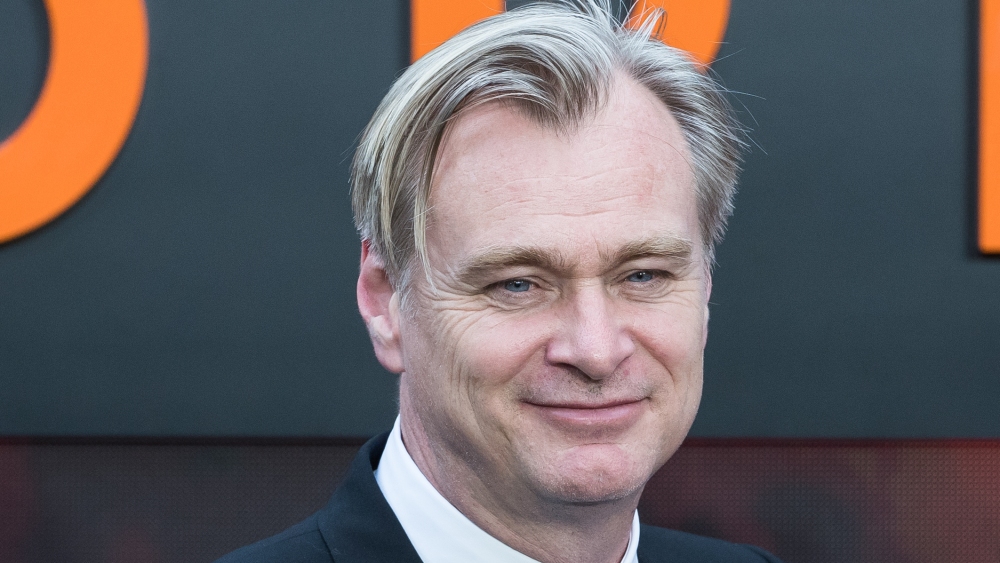Christopher Nolan Turns Down Directing More Superhero Movies
Christian Bale is probably not going to play Batman again after “Batman Begins,” “The Dark Knight” and “The Dark Knight Rises.” The Oscar-winning actor told ScreenRant last summer that he would only play Batman for a fourth time if Christopher Nolan was directing, but Nolan doesn’t appear to be interested in returning to the comic book genre. YouTuber HugoDécrypte asked Nolan point blank if he would make “another superhero movie.” Nolan bluntly answered, “No.”
The question came during a speed round in which HugoDécrypte also asked the “Oppenheimer” filmmaker if he “could make a TV show one day.” Nolan also answered “no.” The director wasn’t as definitive when asked if he would want to direct a “Star Wars” movie. Nolan passed on giving an answer.
Bale said in June 2022 when asked about reprising his role as Batman, “No one’s ever mentioned it to me. No one’s brought it up. Occasionally people say to me, ‘Oh, I hear you were approached and offered all this.’ And I’m like, ‘That’s news to me. No one’s ever said that.’”
“I had a pact with Chris Nolan,” Bale added at the time. “We said, ‘Hey, look. Let’s make three films, if we’re lucky enough to get to do that. And then let’s walk away. Let’s not linger too long.’ In my mind, it would be something if Chris Nolan ever said to himself, ‘You know what, I’ve got another story to tell.’ And if he wished to tell that story with me, I’d be in.”
Making another Batman movie would require Nolan to jump back to Warner Bros., which owns the rights to the DC superhero. WB was Nolan’s studio home for more than a decade until he left following its controversial release of “Tenet” during the COVID pandemic and its decision to release all of its 2021 movies in theaters and on HBO Max on the same day. Nolan made “Oppenheimer” at Universal.
In a recent interview with The Telegraph, Nolan lamented over Hollywood studios missing the point when it comes to cinema’s essence. In his eyes, the studios mistake cinema for plot and not its audiovisual elements.
“Whether for budgetary reasons or reasons of control, studios now look at a screenplay as a series of events and say ‘this is the essence of what the film is’. And that’s completely at odds with how cinema developed, right from the Lumière brothers’ train pulling into the station, as a pure audiovisual experience,” Nolan said. “But it’s a very popular fallacy – sometimes with critics as well, quite frankly – that all that matters is the scale of the story being told.”
“People will tell you that the success of Star Wars had nothing to do with its visual effects, and it was all down to its great story,” Nolan continued. “But, I mean, clearly that’s not the case. It is indeed a great story, but it’s also an incredible visual and aural experience. So this willful denial of what movies actually are has set in. People will say, ‘Why would you have to see something like ‘Aftersun’ on the big screen?’ But of course you have to. It also plays wonderfully on TV, but that’s not the point.”
Nolan’s “Oppenheimer” opens in theaters July 21.

